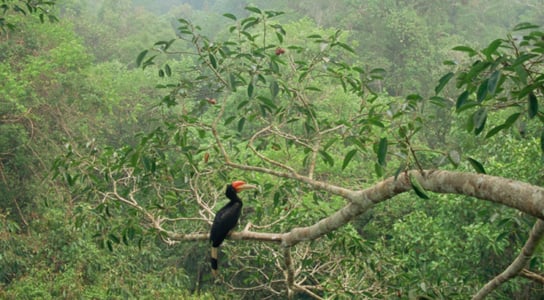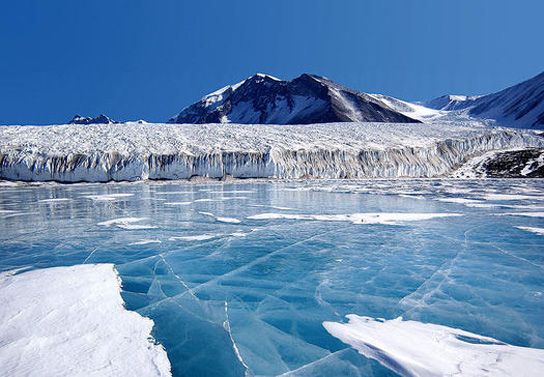
A recent study discovered that biodiversity tends to increase during periods of global warming.
It would seem logical that periods of global warming in Earth’s history started the extinction pulses that defined the geological record. However, that’s not the case as a report that was published this week proves. The warming of the Earth is accompanied by increased biodiversity. That doesn’t mean that the mass extinction pulses won’t take place.
The scientists published their findings in the journal Proceedings of the National Academy of Sciences. Evolutionary ecologist and lead author Peter Mayhew and his team discovered the findings by examining the number of known families of marine invertebrates, as well as sea-surface temperatures over the course of 540 million years on Earth.

They found out that when temperatures were high, biodiversity increased. When global temperatures fell, biodiversity declined. This result actually contradicts earlier work, including findings from Mayhew.
Earlier work measured fossil diversity by tallying the first and last appearances of each group of species, which assumed that the creatures existed during the intervening years. Once again, this sounds logical but overlooks the fact that some geological time periods are better studied than others.
The new study looked only at well-sampled periods and instead of interpolating organisms’ presence from their origin to their extinction, it tallied the species groups present during each period. This comes as somewhat of a surprise that biodiversity increased in periods of global warming. Tropical ecosystems are known to be as the Earth’s most diverse, and this study might explain why.
Warming produces both extinctions and originations. In the past, the originations of new species might have outstripped the loss of old ones, but that doesn’t imply that today’s climate change will be beneficial to all.
The rate of change is what’s paramount, states Mayhew. For diversity to rise, new species need to evolve, a process which can take between thousands and millions of years, much slower than the rate at which extinctions are likely to occur with today’s rapid change.
The study’s results are interesting, but it’s the more recent time periods that are even more important, in the scale of decades and hundreds of years. The details that scientists are interested in aren’t ascertained by looking into the deep past. An examination of the more recent fossil record is warranted.
Reference: “Biodiversity tracks temperature over time” by Peter J. Mayhew, Mark A. Bell, Timothy G. Benton and Alistair J. McGowan, 4 September 2012, Proceedings of the National Academy of Sciences.
DOI: 10.1073/pnas.1200844109









thanks
It is not really global warming that kills animal species.
It’s mostly us.